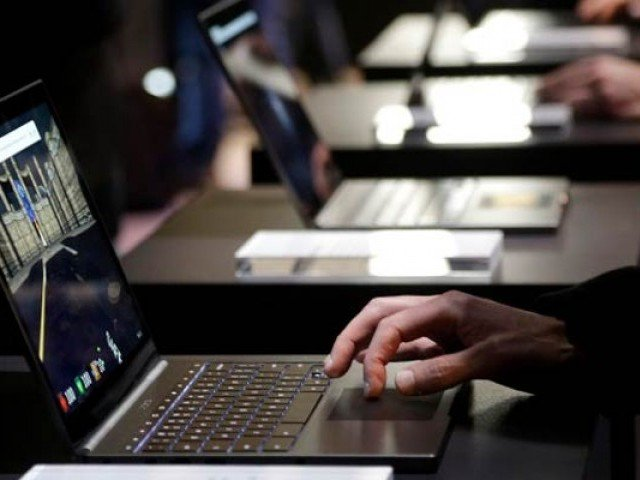10 reasons why people use a VPN service
Virtual private network provides secure connections ensuring users greater privacy than even a secured Wi-Fi hotspot

A virtual private network (VPN) provides secure and encrypted connections ensuring users greater privacy than even a secured Wi-Fi hotspot.
According to a report published by VPN Mentor, around one out of four people are using a VPN globally, mostly to access entertainment content and browse anonymously.
Here are some the reasons why people may choose to use a VPN:
Unlocking geoblocked entertainment content
Governments around the world block access to online content for various reasons: to protect children from obscene content, to prevent access to copyright-infringing material or confusingly named domains, or to protect national security.
Hence with the help of VPN users are able to access entertainment content that otherwise would not be accessed directly.
Accessing networks and sites restricted by the government
A recent study by Comparitech conducted a country-by-country comparison to see which countries impose the harshest internet restrictions and where citizens enjoy the most online freedom.
Pakistan is amongst the list of countries with the worst online censorship in the world.
Last year, the country’s telecommunication authority told a parliamentary panel that it has blocked over 800,000 websites and 11,000 internet proxies containing pornographic content on the internet but has no proof that such content is uploaded from Pakistan.
PTA said it is working to introduce a new system for monitoring of the VPN and has sought advice from Google regarding monitoring of the pornographic content.
Safety when using public and shared WiFi networks
Accessing the internet in your home is not a problem as it is secure and easy to connect however using public internet can be dangerous as it is inherently less secure than your private one, because you do not know who set it up, or who else is connecting to it.
Accessing blocked sites at school
Many schools have a strict internet policy; they make use of internet filters to block all kinds of websites, games, and social media sites like Instagram, Snapchat, and even Facebook Messenger.
Therefore, many times students are unable to get information for research purposes or homework hence students may opt for VPNs to access restricted websites.
Safe communication among journalists and sources
Media reporting around the world is heavily supervised by government watchdogs for example in Pakistan the Freedom Network launched a report titled 'Murders, harassment and assault: The tough wages of journalism in Pakistan', which documents 91 assaults and other violations against journalists during the past 12 months.
Data collected by the media rights watchdog shows that no place in the country, including the federal capital, is safe for media practitioners.
Using torrents, such as The Pirate Bay
Governments often block entertainment from countries they are not on good political terms with; an ideal example would be India and Pakistan.
Since there is a ban on Indian movies playing in the cinema people resort to downloading movies and shows on pirated sites.
Pakistan actively blocks torrenting sites, which includes restriction in the copyright law or in the uploading of content however, the country is still free of restrictions for VPNs unlike all of the other countries which restrict, but do not ban their use.
Engaging in subversive political activity
According to the Freedom on the Net 2019 report, which assessed 65 countries that account for 87 per cent of internet users worldwide, global internet freedom declined for the ninth consecutive year as “populist leaders and their armies of online supporters seek to distort politics at home”. Of the countries surveyed, only 15 were classified as “free”, 29 “partly free” and 21 “not free”.
While disinformation was the most commonly used tactic, authorities in countries blocked websites or cut off access to the internet “in a desperate bid to cling to power”.
The report said that governments were indiscriminately monitoring citizens’ online behavior “to identify perceived threats – and in some cases to silence opposition.” It found evidence of advanced social media surveillance programs in at least 40 of the 65 countries analysed.
Surfing sites frowned upon at work
Many companies restrict access to social media platforms and entertainment sites such as Netflix on computers to avoid hindrance to work performance hence VPNs are often used to unblock such sites.
Reaching local sites while traveling internationally
Traveling abroad for work or personally sometimes means being unable to access your favorite websites and social media apps such as WhatsApp and Skype however, that is not always the case hence VPNs are often used to unblock such websites.

















COMMENTS
Comments are moderated and generally will be posted if they are on-topic and not abusive.
For more information, please see our Comments FAQ